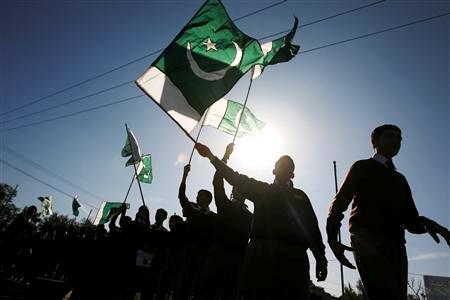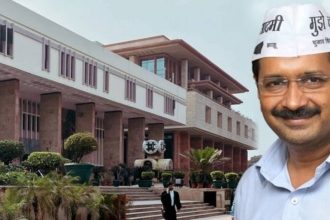The Economic Policy and Business Development think tank released a report exposing Pakistan’s current administrative structure as ineffective in addressing economic challenges. The report recommends creating smaller provinces to improve governance and resource distribution, tackle disparities, reduce poverty, and stimulate economic growth.
The report outlines three restructuring scenarios for Pakistan’s administrative divisions:
- 12 Provinces: Each with roughly 20 million people and budgets of Rs994 billion.
- 15-20 Provinces: Populations ranging from 12 to 16 million with budgets between Rs600-800 billion.
- 38 Federal Divisions: Each serving approximately 6.3 million people to enable targeted economic policies.
Currently, Pakistan’s population of 241.5 million is divided across four provinces, averaging over 60 million per province, which causes imbalanced resource allocation—Punjab receives Rs5,355 billion, while Balochistan gets Rs1,028 billion.
The report highlights stark poverty rates: 30% in Punjab, 70% in Balochistan, 48% in Khyber Pakhtunkhwa, and 45% in Sindh, averaging 40% across provinces. Rising unemployment and educational inequality worsen these challenges. Creating smaller provinces could optimise budgets, improve job opportunities, and boost revenue through agriculture (contributing a 1% GDP increase) and property tax reforms (contributing a 2% GDP increase).
Smaller provinces would enable:
- Better Budget Utilisation: Ensuring more equitable resource distribution.
- Targeted Policies: Enhancing tax coordination between provinces and the federal government.
- Poverty Reduction: Expanding access to jobs and services to address the 40% poverty rate.
The think tank argues that this restructuring would align with Pakistan’s ongoing economic reforms, including the $7 billion IMF bailout, to foster sustainable growth.
If implemented, this proposal could reshape Pakistan’s governance framework, reduce disparities, and boost GDP. Policymakers should carefully review the report as public discourse intensifies. As Pakistan navigates its economic challenges, this restructuring could prove a pivotal step forward.






